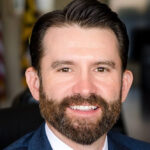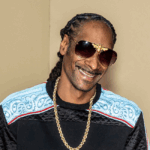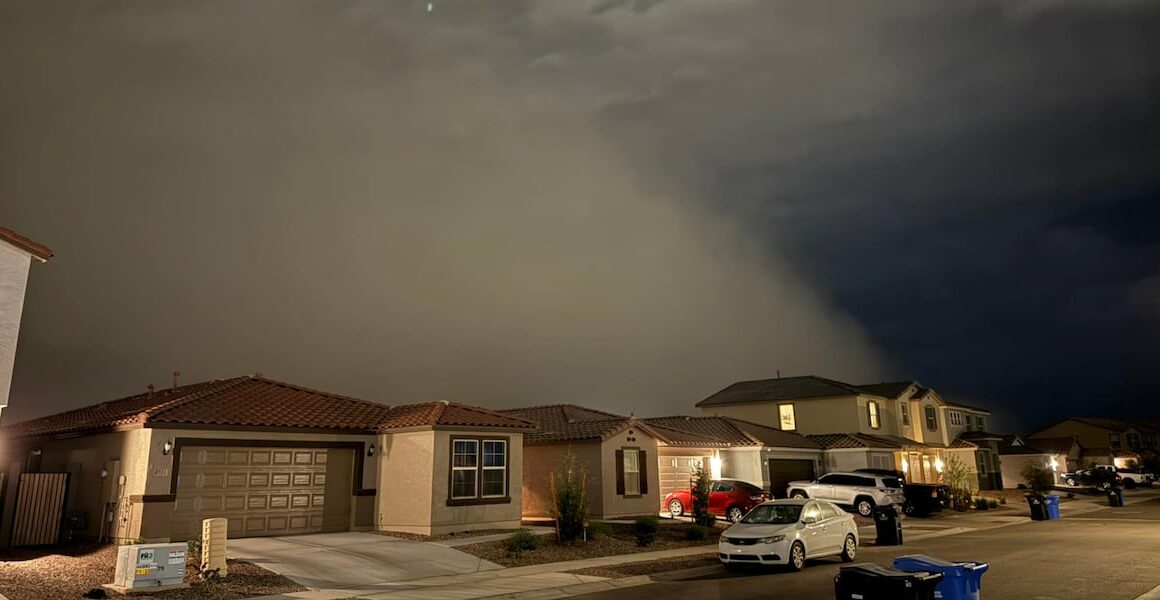
Werner Herzog Reflects on Memory, Truth, and the Risks of Sleepwalking into War
Acclaimed filmmaker Werner Herzog has shared his profound insights on the elusive nature of memory, truth, and the dangers of blindly engaging in war.
Background: Herzog’s Journey and Perspective
Herzog, known for his thought-provoking documentaries and feature films, has traversed the globe, encountering a myriad of cultures and perspectives. These experiences have shaped his unique outlook on the human condition, including the fallibility of memory and the importance of seeking truth, no matter how uncomfortable it may be.
Key Reflections on Memory and Truth
“Memory is a strange animal,” observes Herzog. “It can play tricks on us, distorting and fading over time. It’s crucial to be aware of this, to question our own recollections and seek corroborating evidence.” His films, such as “Grizzly Man” and “Into the Abyss,” often explore the complexities of human memory and the consequences of our actions.
Regarding truth, Herzog believes it to be “an elusive and often unattainable concept. We can strive for it, but there is always the risk of being clouded by our own biases and preconceptions.” He emphasizes the responsibility individuals and societies have to pursue truth, even when it challenges their beliefs or threatens their comfort.
Sleepwalking into War and Its Dangers
Herzog warns of the dangers of “sleepwalking into war,” a phenomenon where nations may be drawn into conflicts without fully considering the consequences. He points to the rise of demagoguery and nationalism as factors that can blind people to the horrors and complexities of war.
“War is never a clean or simple solution,” Herzog emphasizes. “It leaves lasting scars on individuals, communities, and entire nations. We must be wary of those who seek to exploit fear and anger to mobilize us toward conflict without adequate deliberation.”
Conclusion: The Imperative of Critical Thinking
Herzog’s reflections serve as a reminder of the importance of critical thinking, questioning assumptions, and seeking diverse perspectives. By embracing skepticism and fostering open dialogue, we can increase our chances of making informed decisions and avoiding the pitfalls of memory distortion, truth manipulation, and the unnecessary horrors of war.
+Werner+Herzog+Film+%2B+Deutsche+Kinemathek.jpg?format=1500w)











